2010-05-27 09:58
Korea, China and Japan strengthen logistics cooperation
CHUNG, Jong-Hwan, Minister of Land, Transport and Maritime Affairs attended in the third Korea-China-Japan Logistics Ministerial Conference, held in the Sichuan Capital Chengdu from May 13 to 14, and discussed ways to strengthen practical cooperation for seamless logistics transportation between the three nations.
The conference is the third conference for trilateral logistics cooperation following the first one held in Korea in 2006 and the second one held in Okayama, Japan in May 2008. During the conference, participants had in-depth discussions on how to implement agreed measures to achieve three goals of logistics cooperation, which are to realize a seamless logistics system between the three nations, create an eco-friendly logistics system and improve logistics security and efficiency.
The three nations agreed to reuse pallets that are used for freight loading, unloading and transportation, to increase joint research projects for green logistics and to start a pilot freight positioning system. Accordingly, they adopted a Joint Declaration and make efforts to cooperate for the development of logistics.
Unlike containers, pallets are subject to tariffs and value added taxes and thus disposable pallets are widely used (about 99%). Under that situation, the reuse of pallets will save 1 trillion won annually and protect the environment.
In addition, the three nations agreed to make joint efforts to strengthen practical cooperation by publicizing an investment guidebook that gives necessary information to logistics companies entering overseas markets.
Korea and China initialed the Agreement between Korea and China on Sea-Land Intermodal Freight Cars Transportation for smooth and fast logistics transportation. The intermodal freight cars transportation is to transport trailers loaded with containers through ferries from the starting place to the final destination without transshipment.
The agreement will be implemented in two phases. Under the first phase, trailers with the exception of tractors will be transported through sea transport modes from one nation to the final destination of the other nation. And under the second phase, it will include tractors and other freight cars to be transported into the other nation.
Korea and China will go through domestic procedures to sign the agreement, and they will allow trailer chassis to be transported between the two nations at the earliest possible.
Korea and China had a meeting during the conference and agreed to launch new air service between Kimpo and Beijing for fast exchanges of human resources and cargoes and to increase cooperation to prevent piratical attacks on the Gulf of Aden and off Somali Coast.
Korea and Japan also agreed to come up with ways to allow fresh fish carrying cars to run in each nation to increase the supply of air services between Korea and Tokyo and to make efforts to prevent piratical attacks.
If Korea fresh fish carrying cars (currently only allowed at bonded areas in ports) are allowed to drive into Japan, transport cost will be reduced by more than 30% and product values will also increase.<Korea Shipping Gazette>
The conference is the third conference for trilateral logistics cooperation following the first one held in Korea in 2006 and the second one held in Okayama, Japan in May 2008. During the conference, participants had in-depth discussions on how to implement agreed measures to achieve three goals of logistics cooperation, which are to realize a seamless logistics system between the three nations, create an eco-friendly logistics system and improve logistics security and efficiency.
The three nations agreed to reuse pallets that are used for freight loading, unloading and transportation, to increase joint research projects for green logistics and to start a pilot freight positioning system. Accordingly, they adopted a Joint Declaration and make efforts to cooperate for the development of logistics.
Unlike containers, pallets are subject to tariffs and value added taxes and thus disposable pallets are widely used (about 99%). Under that situation, the reuse of pallets will save 1 trillion won annually and protect the environment.
In addition, the three nations agreed to make joint efforts to strengthen practical cooperation by publicizing an investment guidebook that gives necessary information to logistics companies entering overseas markets.
Korea and China initialed the Agreement between Korea and China on Sea-Land Intermodal Freight Cars Transportation for smooth and fast logistics transportation. The intermodal freight cars transportation is to transport trailers loaded with containers through ferries from the starting place to the final destination without transshipment.
The agreement will be implemented in two phases. Under the first phase, trailers with the exception of tractors will be transported through sea transport modes from one nation to the final destination of the other nation. And under the second phase, it will include tractors and other freight cars to be transported into the other nation.
Korea and China will go through domestic procedures to sign the agreement, and they will allow trailer chassis to be transported between the two nations at the earliest possible.
Korea and China had a meeting during the conference and agreed to launch new air service between Kimpo and Beijing for fast exchanges of human resources and cargoes and to increase cooperation to prevent piratical attacks on the Gulf of Aden and off Somali Coast.
Korea and Japan also agreed to come up with ways to allow fresh fish carrying cars to run in each nation to increase the supply of air services between Korea and Tokyo and to make efforts to prevent piratical attacks.
If Korea fresh fish carrying cars (currently only allowed at bonded areas in ports) are allowed to drive into Japan, transport cost will be reduced by more than 30% and product values will also increase.<Korea Shipping Gazette>
많이 본 기사
- 국제물류업계, 광양항 마지막 배후단지 활용법 모색한다‘일상이 된 물류시장 불확실성’, AI·친환경이 돌파구‘고환율·저운임’ 글로벌 물류기업 일제히 부진한 실적 신고‘수요 둔화 지속’ 컨운임지수 한주만에 1300선으로 후퇴DHL, 중동 두바이에 차세대 물류허브 개소해운협회, 부산항도선사회와 CCTV 활용 안전도선 업무협약한국해양대, 장금상선등 해운사와 해양인재 양성방안 모색2028년 유엔 해양총회 한국 유치 확정KMI, 우리나라와 북극권국가 협력 방안 모색벌크선시장, 급등 이후 조정 '속도 조절 들어가나'
- 인사/ 팬오션전재수 해수부 장관 사의…“해양수도권 차질없이 육성되길”쿠팡 박대준 대표이사 사임…“개인정보 유출 책임 통감”에스티엘글로벌, 한국해大 해사대학에 장학금 기부日 ONE 운항 9100TEU급 컨선 화재…공동해손 선언인사/ 해양수산부윌로그, 벤처창업진흥유공 대통령 표창 수상아시아나IDT, 산업안전세미나 개최…‘플랜투두’ 확산 전략 공유아로아랩스, 중기부 창업지원프로그램 선정…연구개발 자금 확보부음/ 해운조합 최종진 본부장 빙모상





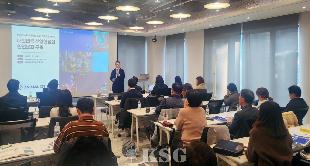




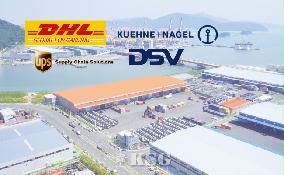

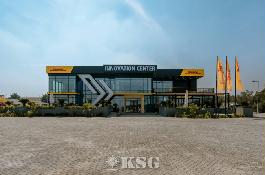
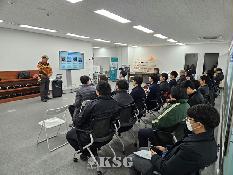
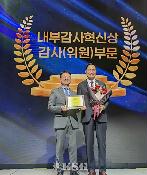
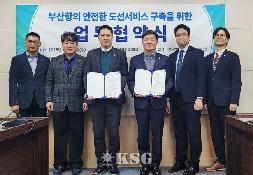
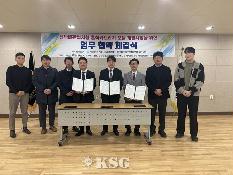

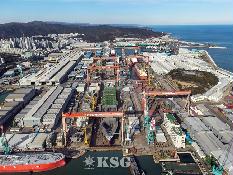
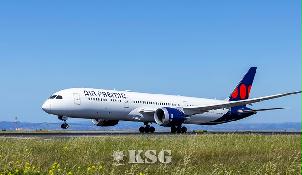
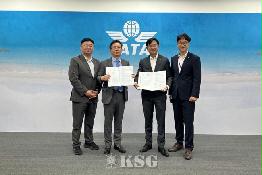
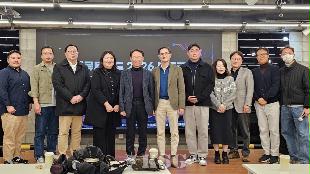
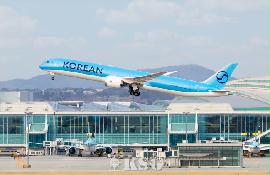


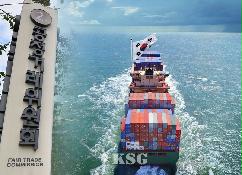
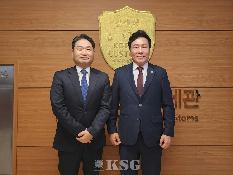

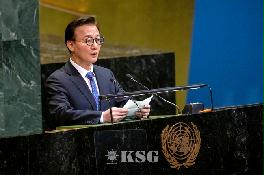
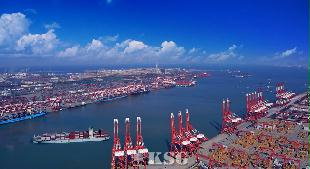
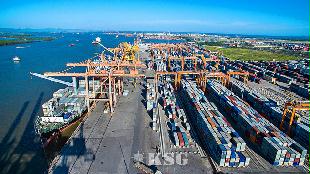
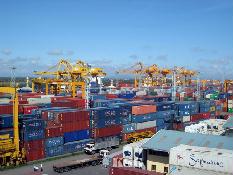






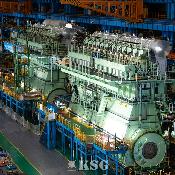
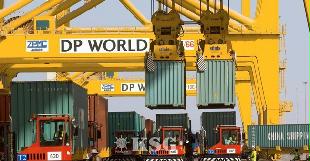
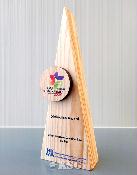
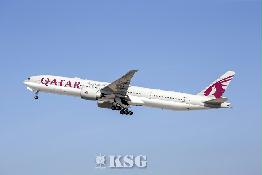





















0/250
확인